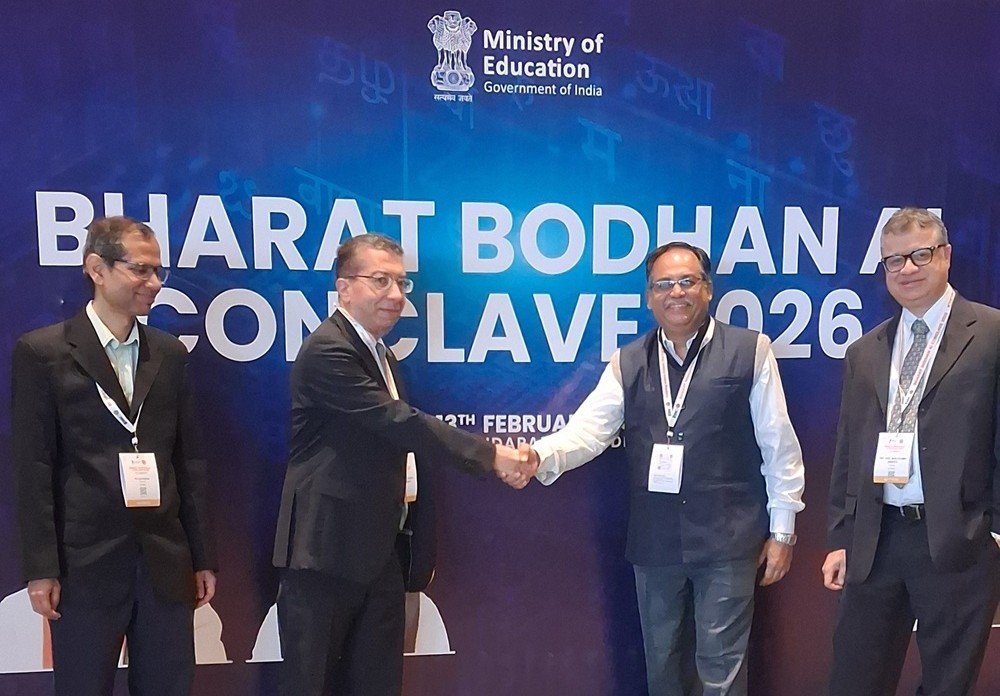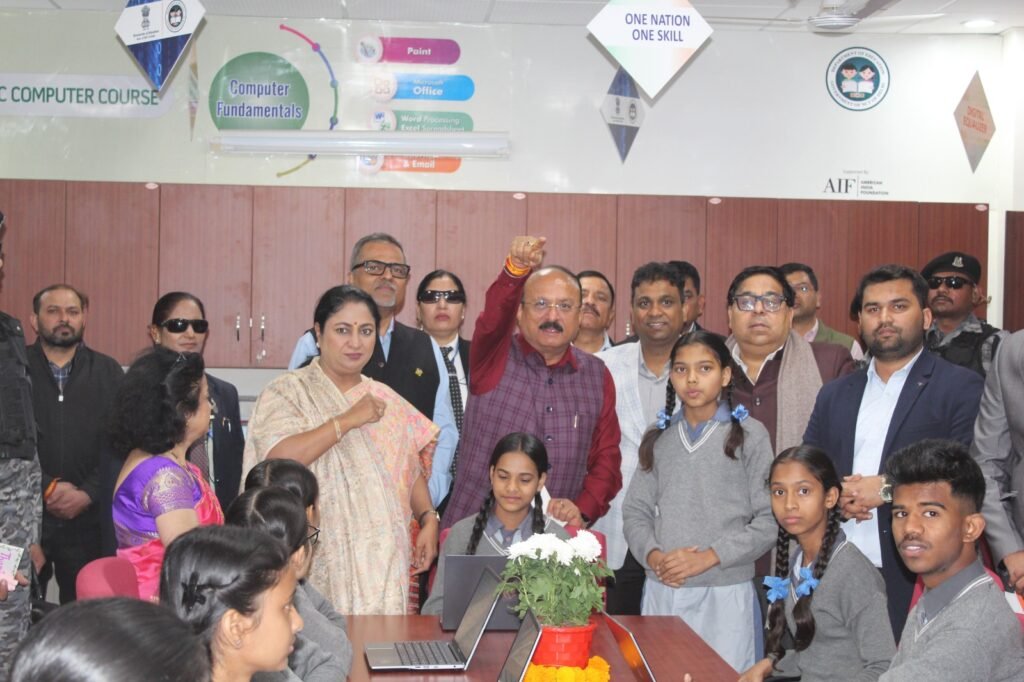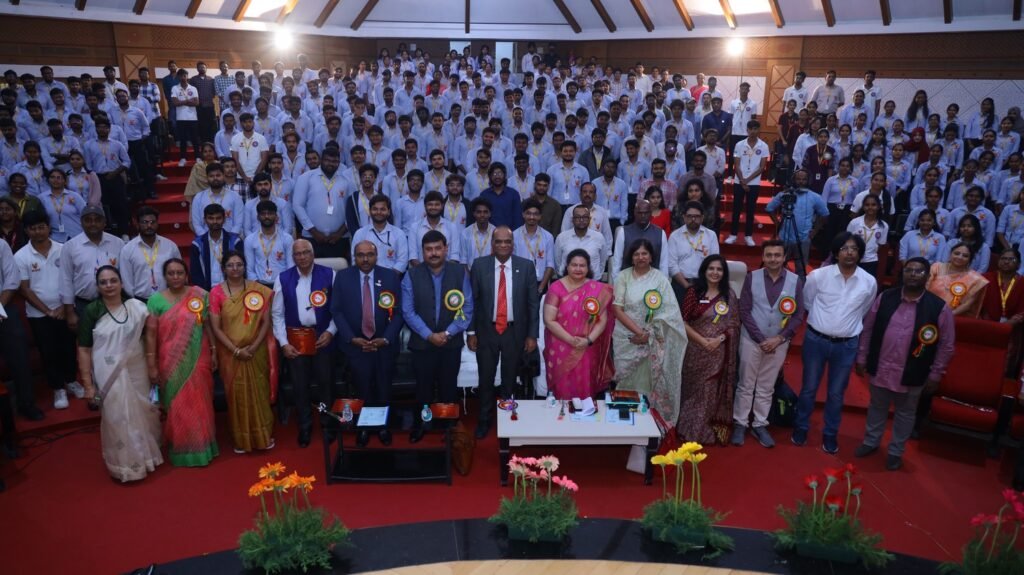- The four-month-long course, offered in hybrid mode through the NPTEL online platform is for final-year science and engineering students, and for anyone with a technical background who is interested in water quality
Indian Institute of Technology Madras (IIT Madras) is collaborating with Tel Aviv University, Israel, and KMCH-Research Foundation (KMCH-RF), Coimbatore, to offer a water quality course aimed at creating water-literate citizens.
The four-month-long course, offered in hybrid mode through the NPTEL online platform is for final-year science and engineering students, and for anyone with a technical background who is interested in water quality. Registration for the course will start on July 29. Interested candidates can visit the official website.
Students will have the option to attend the lectures online or in offline mode, or recorded form. Their understanding of the concepts will be evaluated by online assignments and quizzes. Those registering for the practical session will do measurements in the field and lab with hand-held instruments and field test kits, among others.
The water quality parameters studied include free chlorine, total chlorine, alkalinity, pH, oxidation-reduction potential (ORP), conductivity, total dissolved solids (TDS), temperature, turbidity, as well as presence and absence of E. coli and total coliforms.
The course organizers are working towards building a water map of India and the world by students, who will contribute to building water literacy. After a detailed introduction to fundamental aspects of water quality, students will conduct practical tests including surveys. They will receive a certificate upon completion which may be credited as part their degree program via their institution.
“Titled ‘A Hybrid Course on Water Quality: An Approach to People’s Water Data’, the course will deliver a comprehensive understanding of important aspects of water quality, analysis of key parameters, and their impact on human health. It will also establish a database of water quality from diverse sources such as households, rivers, borewells, groundwater, and pipeline networks.” mentioned the press release.



